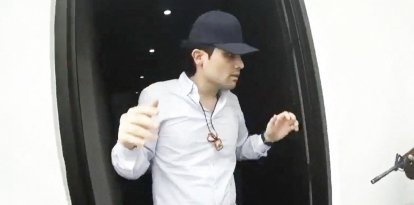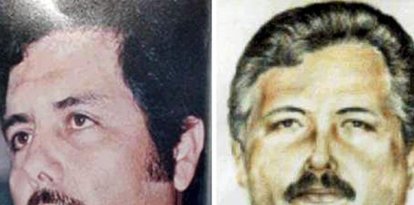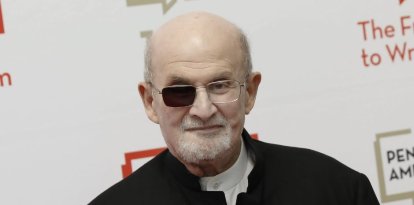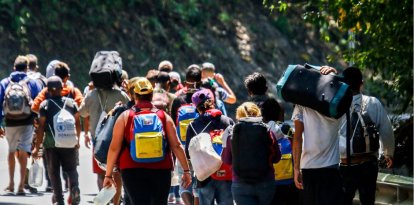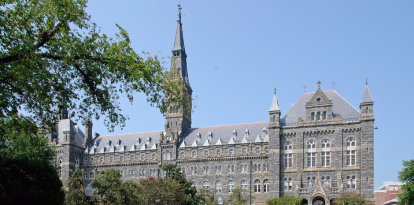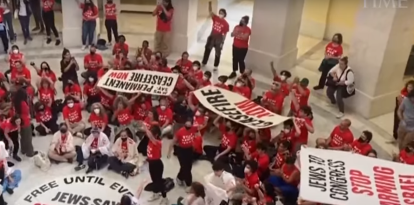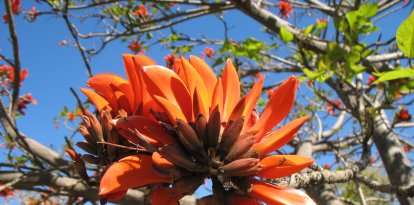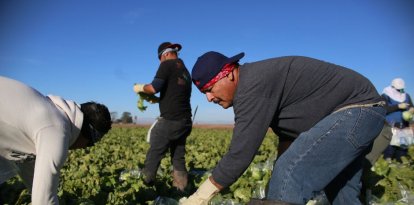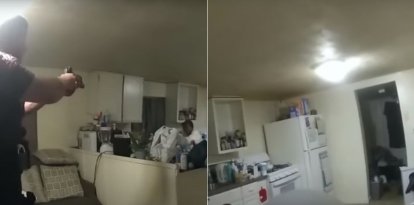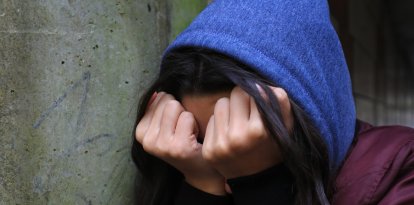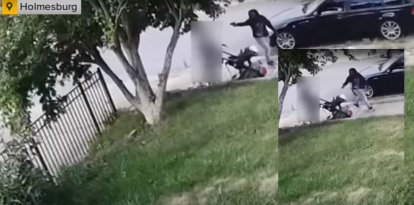Oswaldo Payá's widow sues former diplomat Manuel Rocha
The Inter-American Commission on Human Rights considers the Government of Cuba guilty for the death of the renowned pro-democracy activist in 2012, when the former ambassador was collaborating with the Cuban regime.
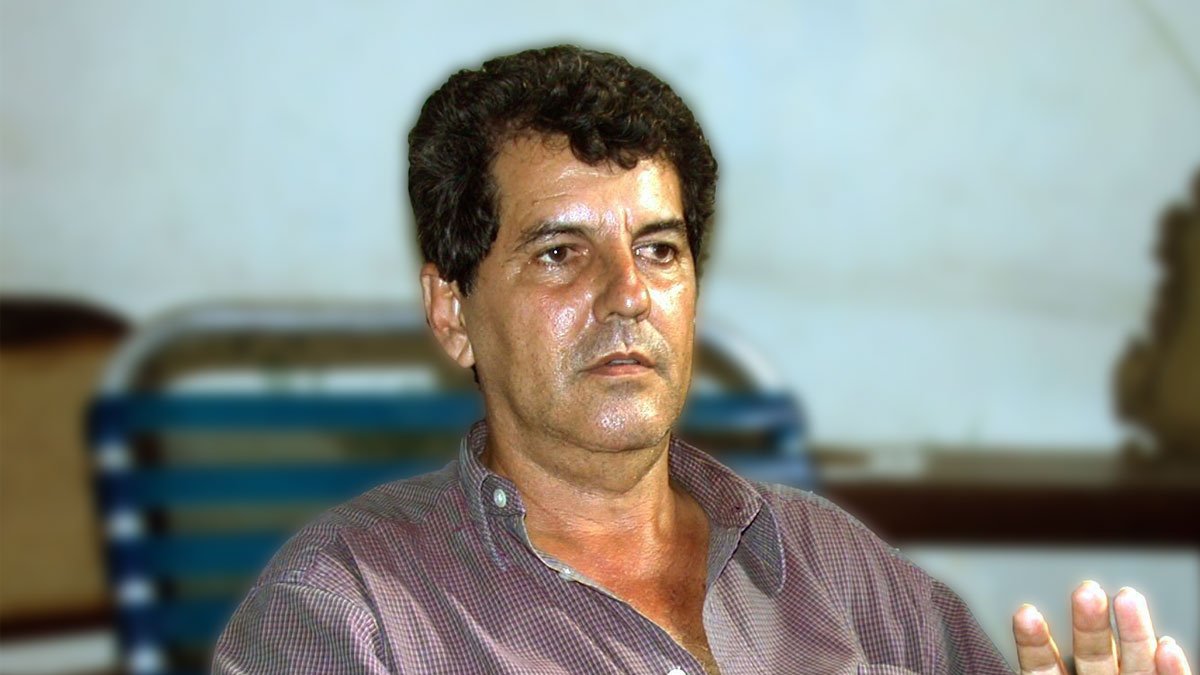
(CordonPress)
Ofelia Acevedo, widow of the late Cuban human rights defender Oswaldo Payá, filed a lawsuit in Miami-Dade County, Florida, against Victor Manuel Rocha, the former US diplomat, whose four-decade collaboration with the Cuban regime was recently exposed by the United States attorney general as one of the deepest penetrations into the American government by a foreign agent.
Payá's family accused the Castro regime of murdering the activist in 2012, a period during which Rocha was collaborating with Cuba while advising US national security officials and had access to the most sensitive intelligence information.
"I am looking for what I have always looked for: truth, justice and ending the impunity of the Cuban regime and its accomplices," Acevedo said.
Despite the regime's persistent obstacles, in a historic verdict in 2023, the Inter-American Commission on Human Rights found that the Cuban Government is responsible for the murder of Oswaldo Payá.
His daughter, Rosa María Payá, founder of Cuba Decide, the citizen initiative that continues Oswaldo's legacy for a system change towards democracy in Cuba, emphasized other implications of Rocha's collaboration: "Rocha was instrumental in perpetuating a regime terrorist that oppresses the Cuban people, undermines US national security interests and threatens peace in the region."
Oswaldo Payá's legacy is highlighted by his international recognition, including the prestigious Sakharov Prize for Freedom of Thought awarded by the European Parliament.
"My father would have celebrated his 72nd birthday today, February 29," said his daughter. "We remain firm in continuing the work that began until the Cuban people achieve the freedom that the regime and its accomplices unjustly deny them."
The lawsuit, filed in Miami-Dade County, where Rocha had retired, marks a turn in the search for accountability for those complicit in the Cuban regime's crimes.













